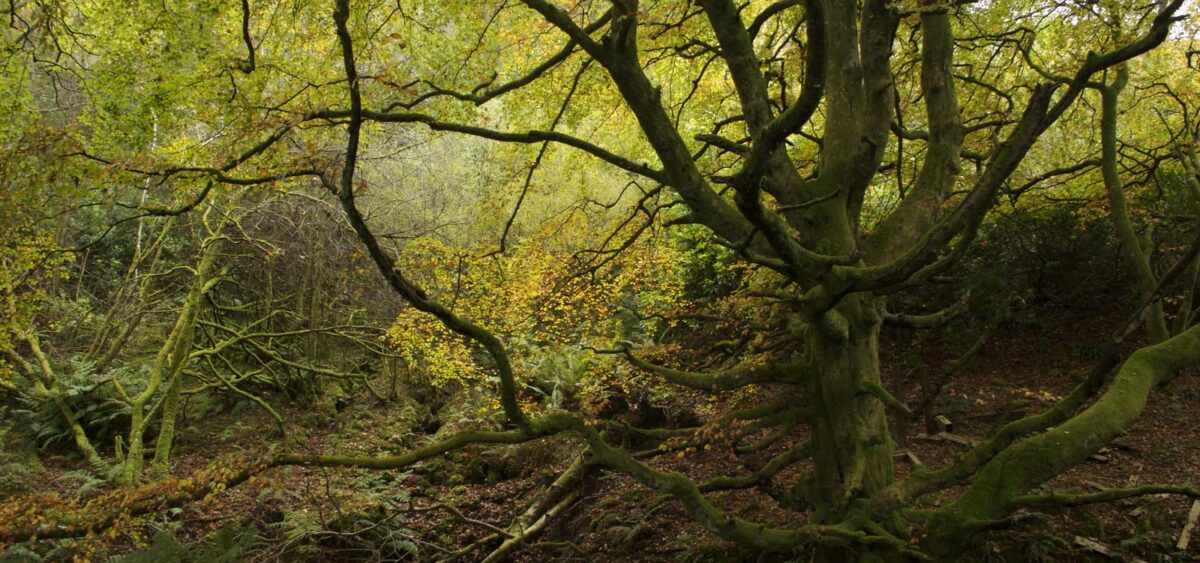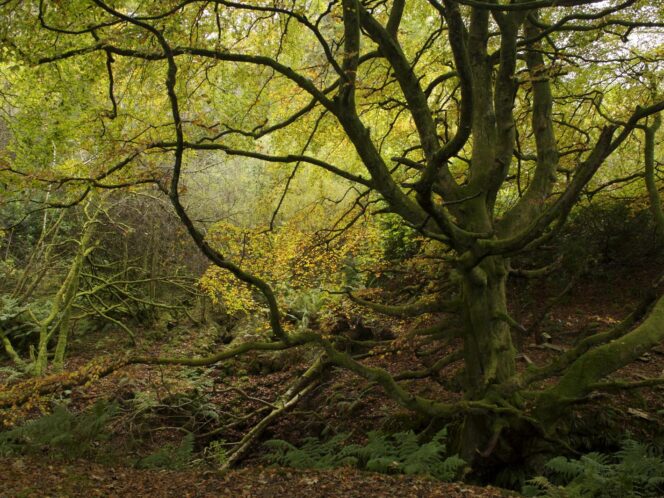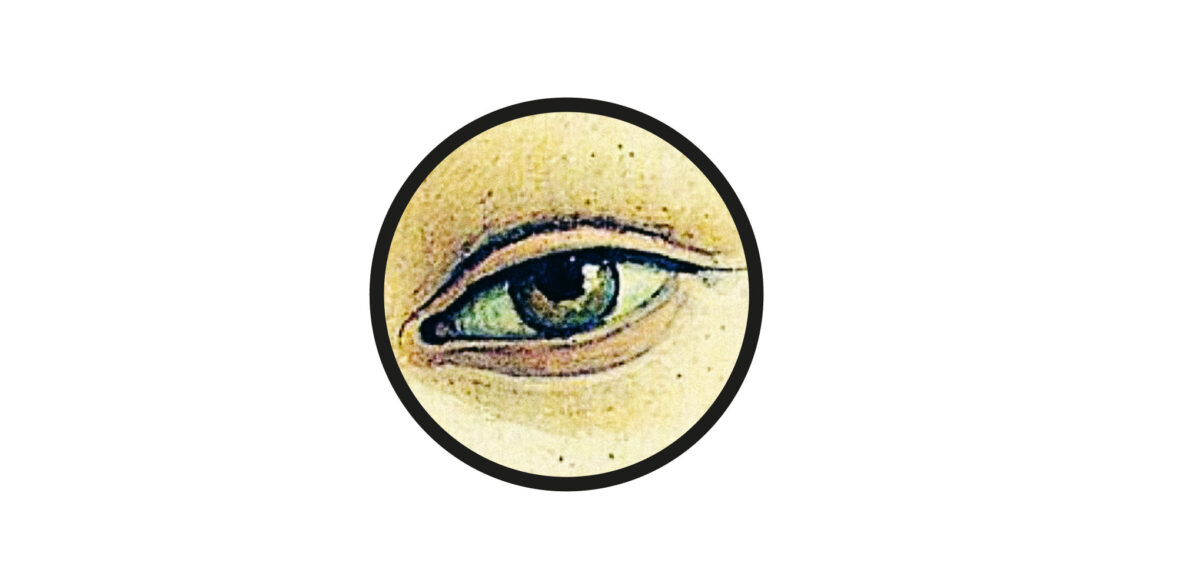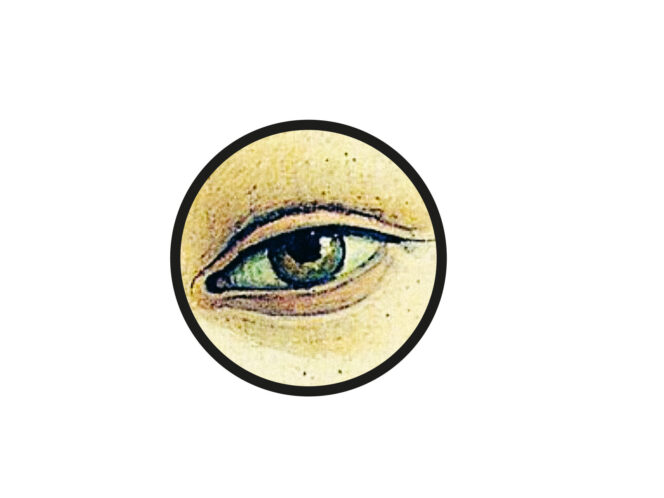
A long, long time ago, snow would fall one day, covering the world with a fluffy eiderdown, and it would go silent. In the Anthropocene, such luxury is just a matter of dreams. That’s why we sent our reporter in search of silence.
Beyond Łódź, the forest seems to be getting denser. Pines and birches flickering outside the window give license to break away from my co-passengers’ blabbing. It was high time to go away in search of silence and distance: tension in my relationship; tension in the country; tension all over our planet. So I look for salvation where silence is one of the basic rules of life—in the Camaldolese nunnery in Złoczew.
Benedictine Hospitality
I reach Sieradz in the afternoon, from where I’m supposed to take a coach. I stop a woman in front of the railway station and ask her about the coach stop. Before she manages to give me an answer, some other woman stops by us. “Are you going to Złoczew? I’ll give you a lift,” she offers, giving me a wide smile.
A moment later I’m in Renata’s car (that’s what my dea ex machina is called), listening to her telling me about her job (she is a nurse); her family (she was born and still lives in Złoczew); her children (her daughter studied in Kraków). Renata giggles and tells me her—indeed quite comical—surname. She is moved when I tell her that I am going to the Camaldolese nuns. Her father used to help the nuns with the work in the fields, with cows and chickens. And she was friends with one of the nuns, deceased by now. She understands my need to get away from the chaos of the world. She can’t afford a few days in the convent, but whenever she needs to be on her own, she goes to the woods. That also gives her an opportunity to pick some bilberries.
We stop in front of the convent or, to be precise, in front of the Saint Romuald Hermitage. This is a guesthouse for visiting outsiders. “In the spirit of Benedictine hospitality recommended to us by our rule, we also want others to have a chance to learn as much as possible from our Camaldolese way of life and to enjoy its fruits








